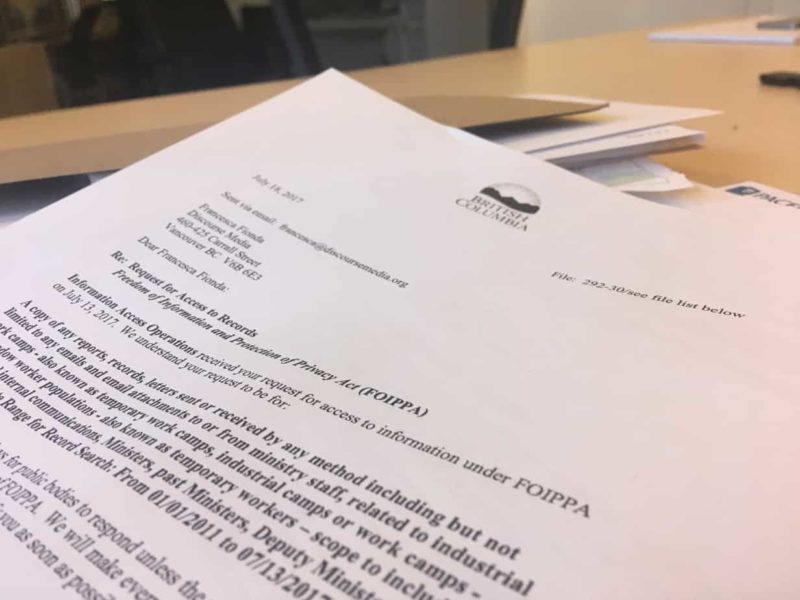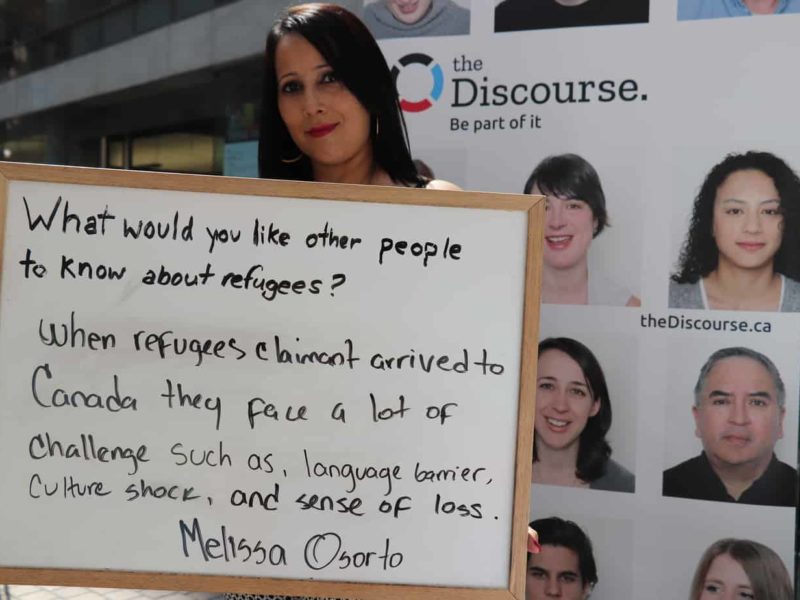
Canada plans to resettle 43,000 refugees as permanent residents in 2018. What is their experience like when they arrive? And what kind of support can they expect? Should Canadians be proud of our refugee system?
These are the questions my colleague Francesca Fionda and I are exploring as a part of our investigation into Canada’s refugee system. We’ve been speaking to refugees, settlement workers and others with expertise on the issue to find out how Canada stacks up when it comes to helping refugees over the long term.
Refugees, who by definition are fleeing conflict or persecution, come to Canada after suffering traumatic experiences, and many people in the settlement sector are worried they’re not getting enough support. For example, Chris Friesen, director of settlement services at the Immigrant Services Society of British Columbia (ISS of BC), calls it “the biggest gap in Canada’s refugee resettlement program.”
Roughly 15 to 18 per cent of refugees across Canada require a formal mental health clinical intervention with many cases arising two to three years after refugees arrive in Canada, according to research by ISS of BC. By that time, the government dedicates fewer resources to them and settlement organizations have capacity to help just a fraction of those in need, says Friesen. “This has a direct impact on their ability to learn English, their ability to retain employment and their ability to parent their own children.”
Now, Francesca and I are exploring what this means for the integration of refugees, how widespread this problem is, how it is affecting refugees’ experiences and what solutions to this issue might be. Let us know if you have any suggestions for us or questions you’d like us to tackle by dropping me an email or filling out the survey below.[end]



